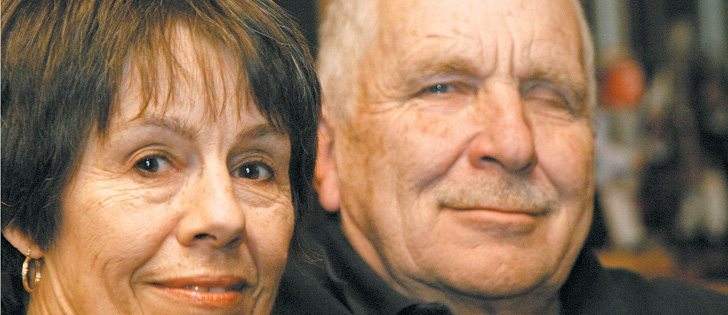Young Agrarians | B.C. organization offers support and networking opportunities for upstart farm businesses
HARRISON HOT SPRINGS, B.C. — Making farming an attractive career path and connecting farmers with the resources they need to get started are the goals of the Young Agrarians.
Sara Dent, the group’s co-ordinator and a former farm worker, helps organize potluck dinners, open farm days, work bees and demonstrations to gather those interested in farming.
“Young Agrarians gets people together to network, meet each other, exchange ideas and form different types of partnerships over time for farm operations,” said Dent.
“There’s a sense of isolation in rural communities.”
Read Also

Fuel rebate rule change will affect taxes and AgriStability
The federal government recently announced updates to the fuel rebates that farmers have been receiving since 2019-20.
Seann Dory helped found the group and has since created Sole Food Farms, an urban agricultural project for disadvantaged communities in Vancouver that uses vacant urban land for street farms that grow fruits and vegetables.
“Young Agrarians was started as a way to look at all the good things about farming, building community around farming, rather than the politics involved,” he said.
The goal was to help young people see it as a viable profession, connect them with people already in farming and present it in a positive light, Dory said.
Dent said the group has also created best practice guides to help with land succession and negotiating leases and contracts for land use, as well as developing maps for land owners seeking people to farm and farmers looking for land to farm.
“Getting on the land is tricky,” said Dent.
The group’s themes mirror those of the U.S. Greenhorns movement, a non-profit organization made up of young farmers and other collaborators. Its mission is to recruit, promote and support a new generation of young farmers by producing audio-visual programming, web content, publications, events and art projects.
“The (Young Agrarians’) vision is to grow the next generation of young farmers and food lovers,” Dent said.
Dent and Dory hope the group will eventually become a national organization, but for now it is based in British Columbia.
“It would be great to have a national youth voice around farming,” Dory said.
The fledgling group, boasting 200 members, faces challenges in its home province from the Agricultural Land Reserve and some of the highest farmland prices in Canada.
Dory said that can be countered through creative lease arrangements, collectives, co-operatives and incubator farms similar to those in Vermont’s Intervale Farms Program.
In that program, one or more producers farm parcels of land and market farm products through their own new agribusiness enterprise.
New farm businesses join the program as incubators, receiving subsidized rental rates, business planning support and mentorship from established growers.
The program leases land, equipment, greenhouses, irrigation and storage facilities to small independent farms.
Like Young Agrarians, it targets people ready to start a viable, locally oriented, ecological farm. They could include those from non-farm backgrounds who have developed practical agriculture experience, those from conventional farms who wish to farm ecologically but do not have access to land and/or capital, new immigrants with agricultural experience and those with innovative farm enterprise ideas.
Intervale’s services include farm business development, agricultural market development, agricultural land stewardship and food systems research.
The program helps remove start-up barriers that young farmers often face, such as a lack of training, land, capital and markets, knowledge of equipment operation and maintenance and isolation.
Dory stressed the importance of mentoring young farmers, noting how he learned about agriculture working on Alberta cattle farms as a teenager.
“It’s having access to a mentor, someone to walk me through the steps … knowing there are others going through the same things,” he said.
Support and sharing stories of successes and failures are especially important for those entering small operations that will be marginal at best, he said.
“They usually do it for more reasons than money,” Dory said.
He said social media and a website at youngagrarians.org bring together far-flung members and farmers, allowing an avenue “to shine a light and aggregate to what already exists.”
“We’re looking for young agrarians, but also looking for folks to pass on their knowledge and land to the next generation,” said Dory.
“Because of the migration to urban centres and decline in numbers farming, there’s this knowledge gap that’s significant.”
You can check out the Young Agrarians’ website here.














